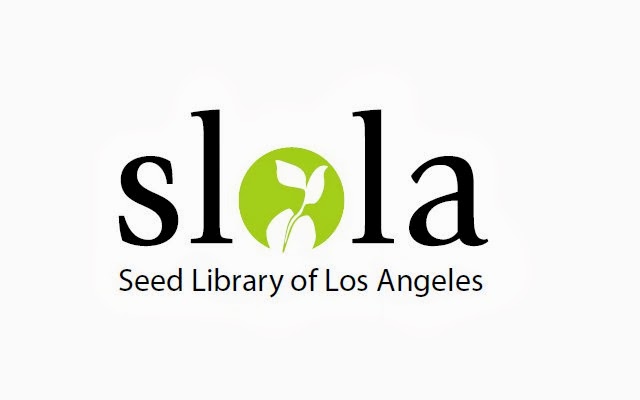It was a challenge to read and that wasn't the fault of the authors, but probably because the authors packed a lot of wallop into those 222 pages. I found myself assured, frightened, enlightened, confused and despondent - and that was typically in the span of two or three pages at a time. I was so relieved at the hopeful words at the end because I wasn't sure how we were going to end up. I found myself pausing to consider what I had read and the ramifications.
The word 'shattering' in the title refers to what a head of grain - like wheat or barley, for example - does, scattering seeds to the ground - a useful process for a wild plant. Human hunter/gatherers came along and harvested the seed heads that did NOT shatter as easily and when domestication of the plants began somewhat later, these were the seeds planted and thus the beginning of the agricultural revolution.
There is much to digest in this book on the seeds of our food plants, but the most clear message of all is we need local control over our seeds and we need back up our diversity to seed banks to help maintain that diversity of food crops and other species that benefit humans as well. There are agencies galore charged with different aspects of the problem but the bottom line becomes much more personal. I have seen Fowler speak twice and each time he urged folks to write their Congresspersons asking for more funding for the National Center for Genetic Resources Preservation, a US Government project nestled in the mountains near Fort Collins, CO. This book underscores why we need that center and why we need to appropriately fund it.
The diversity of our food plants has been plummeting. From a plethora of varieties in the early 1900's, we are down to minuscule percentages that leave one aghast that we have squandered so much through simple neglect and corporate willfulness. The losses are a long way from a complete triage so far, especially from third world countries - who are of course, the most vulnerable.
The story unfolds brilliantly, often with the tension of a novel. Published in June 1990, I would like to see some updating and see how author Cary thinks we are progressing - some things for the good and for the bad have unfolded. The most significant is, perhaps, that citizens in the Northern countries are seeing the reason for the alarm Fowler and Mooney raised over 25 years ago.
In reading Shattering, a helpful ploy I wish I had would be a card handy with which to record which agency is referred to by which set of initials. Maybe it's my own bad memory, but such a cheat sheet would have been useful especially when they come fast and furious in some sections of the book.
This book is vital to understand where we are and how we got here and gives strategies for how to move forward - some of which enlightened individuals have begun.
I am glad I read it and I believe you will be too.
david

No comments:
Post a Comment